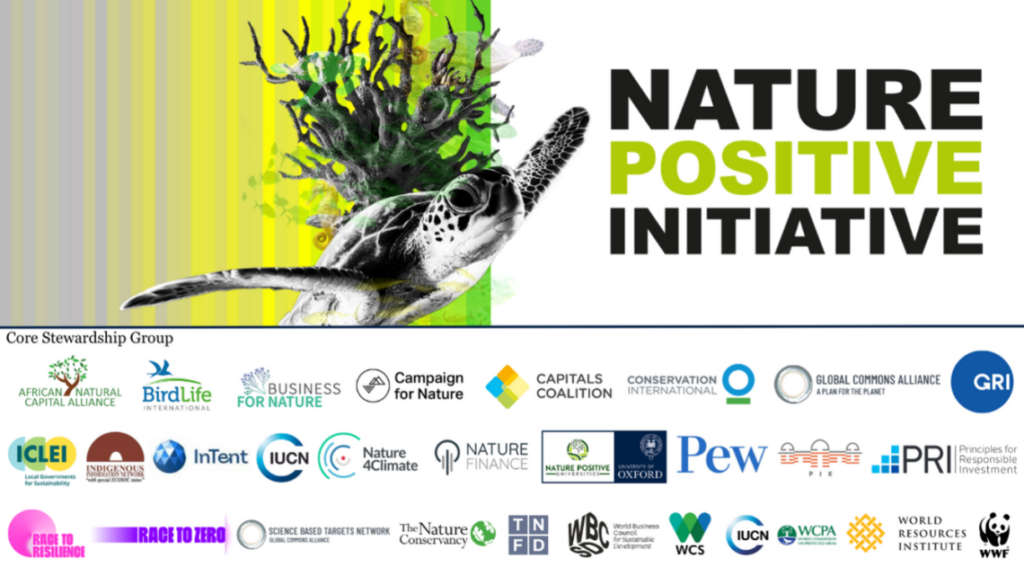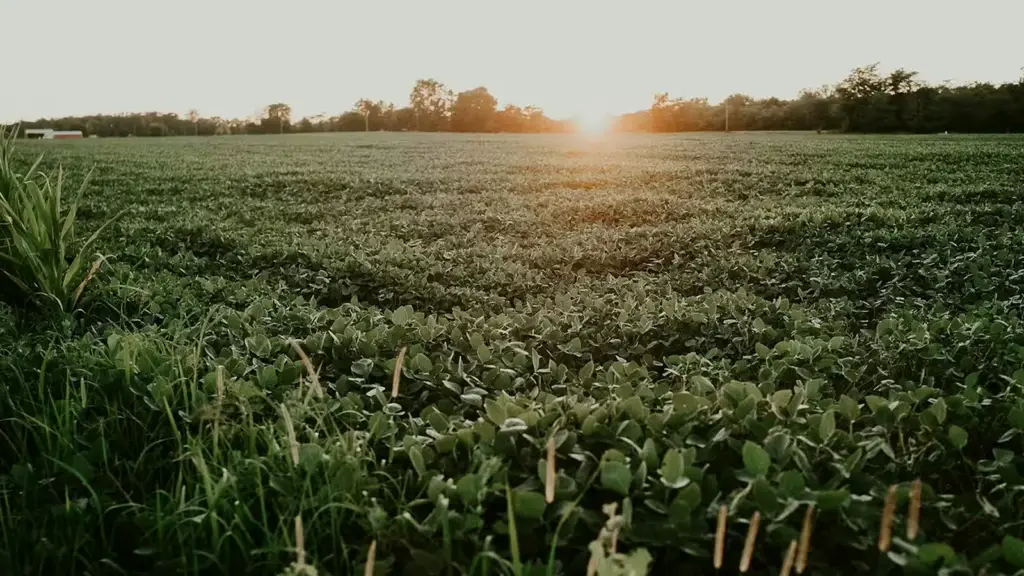Authors
Diane Holdorf, EVP WBCSD and Allon Zeitoun, Global Leader, Quantis
Climate Week NYC is a key milestone ahead of CBD COP16, providing an important opportunity to highlight the interlinked solution-sets to climate change and nature loss. Significant advances have been made in the nature agenda this year, in particular on science-based targets for nature.
Target-setting is an essential lever for corporate transformation and transition planning. It provides specific outcomes linked to material dependencies, impacts, risks and opportunities for companies to work toward, and focuses transformational activities within key functions including R&D, materials, supply chain, sales and marketing. Reporting on progress against commonly agreed priority metrics and targets also allows financial institutions and other stakeholders to hold companies accountable for their impacts on nature and improve their understanding of company performance and transition plans.
Throughout Climate Week NYC, we will be highlighting the progress made on science-based targets for nature and sharing insights from the experiences of World Business Council for Sustainable Development (WBCSD) members who have engaged with the Science Based Targets Network (SBTN) and WBCSD pilots over the last year. Climate Week NYC participants will be engaged in discussion on addressing two key areas for broadening and accelerating corporate engagement with nature target-setting: corporate maturity and value chain positioning.
WBCSD’s SBTN Preparer Group
From September 2023 to April 2024, with the support of Quantis, WBCSD convened 12 advanced member companies to work through the Science Based Target Network (SBTN) methods together. The aims of this Preparer Group were to improve understanding of the SBTN methods, share best practices and support the development of nature targets. We have summarized this group’s insights and proposed ways to accelerate corporate ambition and accountability on nature.
The SBTN methods provide companies with the most in-depth framework to help them examine and understand their relationship with nature. The methods are scientifically robust and provide a common approach for companies to set targets aligned with local and global priorities. SBTN’s methods have helped set the bar for what is expected of companies on nature action, elevating the importance of understanding local impacts and associated product traceability and data requirements.
We and other SBTN partners regularly shared feedback with the SBTN Secretariat. A number of key learnings have been addressed in SBTN’s updated methods and resources released in July – including an improved prioritization approach, a streamlined data validation process and a simplified version of the guidance to aid communication.
Yet, to accelerate from tens of companies to thousands of companies setting science-based nature targets, two fundamental challenges must be addressed:
- Recognizing low maturity levels on nature
Nature is a relatively new topic for business. Many companies still don’t consider nature-related issues as material: initial evidence from companies conducting Corporate Sustainability Reporting Directive (CSRD) materiality assessments shows that nature-related issues are often not prioritized.
Experiences from pilot groups convened by both WBCSD and SBTN showed that companies require an advanced level of maturity on nature to set science-based targets. Moreover, this maturity takes several years to develop due to the time it takes to build up capacity, leadership buy-in, resources and data.
In the meantime, a mechanism is needed to hold all companies accountable for their approach on nature, regardless of maturity.
- Influence and accountability differ along the value chain
Not all companies have an equal influence on nature impacts and outcomes, especially companies that are many tiers downstream from where resources are extracted or produced (e.g. a pharmaceutical company sourcing palm oil derivatives). As a result, we have seen that it is challenging to hold companies to account for the state of nature in sourcing locations where they have limited influence. So, while it may not always be relevant for such companies to set targets in specific watersheds and landscapes, there are still ways by which they can be held to account. For example, companies can set targets that are linked to processes and impact drivers that, ultimately, are tied to aligned metrics at specific stages of a value chain.
For example, even though a pharmaceutical company may be many tiers from the direct impacts of its sourcing, it could still set targets related to processes and impact drivers. These could include: process targets e.g. for sustainable procurement of high-impact agricultural inputs, switching feedstocks or adopting circular approaches to avoid and reduce negative impacts; and impact targets e.g. reduced water-use in priority countries or avoided deforestation and land conversion. Adapting targets based on position within a value chain would allow resources to be directed toward actions that have the greatest overall positive impact.
Way forward
Nature loss continues to rise and poses a great threat to future resilience and prosperity. We urgently need a critical mass of companies to take meaningful action on nature in order to help achieve the goals and targets set out in the CBD’s Biodiversity Plan. The good news is, comprehensive guidance and support to start or advance on nature journeys are already available. Every company can start with SBTN’s steps 1 and 2 to assess and prioritize impacts.
WBCSD’s own Nature Positive Roadmaps offer businesses simplified, yet concrete guidance on how to do this, and in partnership with the World Economic Forum and Business for Nature, we have developed overviews of the impacts, dependencies and priority action areas for 12 high-impact systems. WBCSD’s Nature Action team is also focusing on the metrics that companies can prioritize to set targets and track progress against material impacts, further cutting through the complexity of taking action to halt and reverse nature loss.
WBCSD and Quantis will continue to engage with SBTN and businesses to drive continuous improvement of corporate nature target frameworks and the development of value-chain differentiated approaches, aligned with priority actions and metrics.
We will be at the Nature Positive Hub on 24 September during Climate Week NYC for an interactive session on “Pioneering science-based targets for nature: business insights and opportunities” where, with SBTN, we will be celebrating the advances of the last year and exploring solutions to scale and accelerate positive progress.
Accelerating corporate ambition and preparedness toward science-based targets for nature: Actionable insights from WBCSD’s SBTN Preparer Group” is available to download now.
Outline
Related
Content

Nature Positive Initiative launches to promote the integrity and implementation of the Global Goal for Nature
6 September, 2023

Alternative proteins: essential for restoring nature in the US and beyond
28 August, 2024

Accelerating business along the road to a nature-positive future
8 December, 2022

